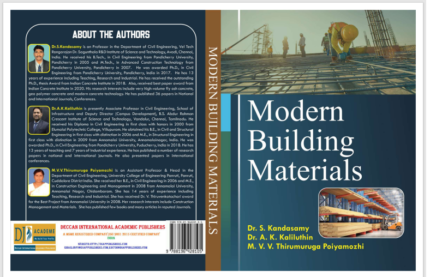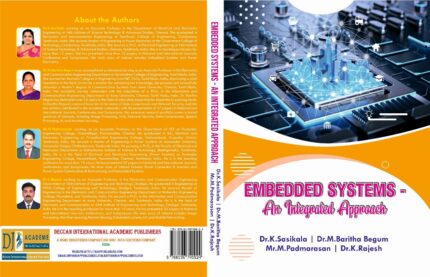Welcome to “Industrial Engineering and Management,” a comprehensive guide designed to introduce and deepen your understanding of the critical field of industrial engineering and its intersection with effective management practices. This book is crafted for students, professionals, and anyone interested in the optimization of complex processes and systems within industrial settings.
The Evolution of Industrial Engineering and Management
Industrial engineering has a rich history, dating back to the early 20th century when pioneers like Frederick Taylor and Henry Ford introduced groundbreaking methods for improving productivity and efficiency. Over the decades, industrial engineering has evolved to incorporate advanced technologies, data analytics, and sophisticated management strategies. Today, it stands at the forefront of innovation, driving improvements in manufacturing, service industries, supply chains, and beyond.
Objectives of This Book
The primary goal of this book is to provide a clear and thorough understanding of industrial engineering and management. We aim to achieve this through:
Comprehensive Explanation of Concepts: We delve into the fundamental principles of industrial engineering, offering detailed explanations and real-world examples to illustrate key concepts. Topics such as systems optimization, process engineering, and human factors are covered extensively.
Integration of Management Practices: Effective management is crucial in the application of industrial engineering principles. This book explores the synergy between engineering and management, emphasizing strategies for leadership, decision-making, and organizational excellence.
Practical Applications and Case Studies: Theoretical knowledge is essential, but practical application is crucial. Throughout the book, we present numerous real-world examples and case studies to demonstrate how industrial engineering principles are applied in various sectors.
Hands-On Exercises and Projects: Each chapter includes exercises and projects designed to reinforce the concepts discussed. These hands-on activities will help you apply what you’ve learned and build a solid foundation in both industrial engineering and management.
Who Should Read This Book?
This book is intended for a wide audience:
Students: If you are studying industrial engineering, management, or related fields, this book will serve as a comprehensive resource to enhance your understanding and prepare you for professional challenges.
Professionals: For those working in engineering, manufacturing, logistics, or management, this book offers valuable insights and practical tools to improve efficiency, productivity, and leadership skills.
Researchers and Academics: This book provides a thorough exploration of both classical and contemporary topics, making it a valuable reference for research and teaching in industrial engineering and management.
Structure of the Book
The book is organized into three main sections:
Foundations of Industrial Engineering: This section covers the core principles of industrial engineering, including systems thinking, process analysis, and optimization techniques.
Management Practices and Strategies: Here, we delve into effective management practices, including project management, strategic planning, and leadership. This section highlights the importance of integrating engineering principles with sound management strategies.
Practical Applications and Case Studies: The final section focuses on applying industrial engineering and management principles in real-world scenarios. Through detailed case studies and projects, you will see how theoretical concepts translate into practical solutions.












Reviews
There are no reviews yet.